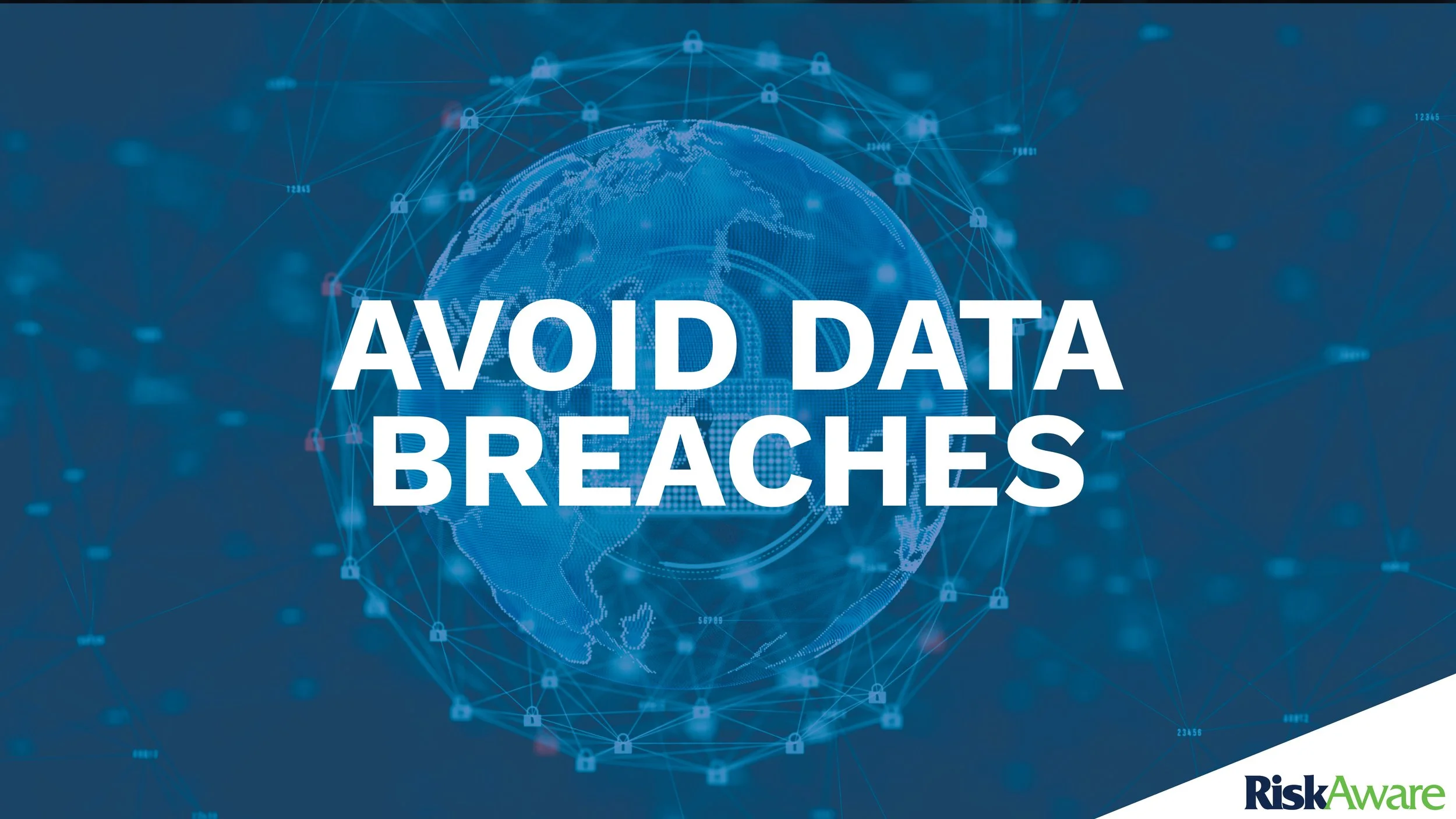Best Tips to Avoid Data Breaches
Data breaches affecting millions of Americans are happening every day. Companies, nonprofits, and government entities are being hacked, and consumers' data is compromised. One should implement cybersecurity to safeguard personal information. A data breach occurs when an unauthorized third party accesses your private data (either online or through a digital device) and uses it in some way that causes harm to you or your business.
Use a password manager
What makes a good password? By definition, it should be hard to guess. But that's not all. It should also be unique (different from the passwords you use on other sites) and changed frequently. This can make remembering all your passwords nearly impossible.
A password manager is a program that stores your passwords securely and allows you to access them with a single "master" password. It's like a digital safe for your passwords.
Enable two-factor authentication
Two-factor authentication adds an extra login step that can make it much harder for hackers to access your accounts. It requires you to enter an additional code that only you have access to, making it much harder for hackers to access your accounts. You should enable this feature on all of your devices and accounts. Even if someone figures out your password, they'll still need to log in through the second security layer. The basic idea of two-factor authentication is that you need something you know (your password) and something you have (a phone or other device).
Review your privacy settings
Take a look at the privacy settings on all of your social media and other online accounts. Are you sharing information that you don't want to be public? Is your location being shared with everyone? Are photos that should be private accidentally public? You may want to revisit these settings regularly, as they can change without notice.
Avoid public Wi-Fi and use a VPN
Public Wi-Fi networks are convenient but insecure, especially when traveling in unfamiliar places. Because these networks aren’t private, it’s easier for hackers to steal personal information like credit card numbers or passwords. Use a VPN (a virtual private network) tool or app when using public Wi-Fi or any network that isn’t secure, such as those at hotels and airports.
Don’t reuse passwords
It’s essential to use different passwords for every account you have. If you use the same password, one breach can lead to many others. Consider using a password generator to create random, unique passwords for all of your accounts.
From your social media profiles to online shopping accounts and even government-issued identifications like your driver’s license number, there are endless ways for hackers to get their hands on your data. While there is no foolproof way to prevent data breaches from happening, the above precautions can help protect yourself from a potential breach.

